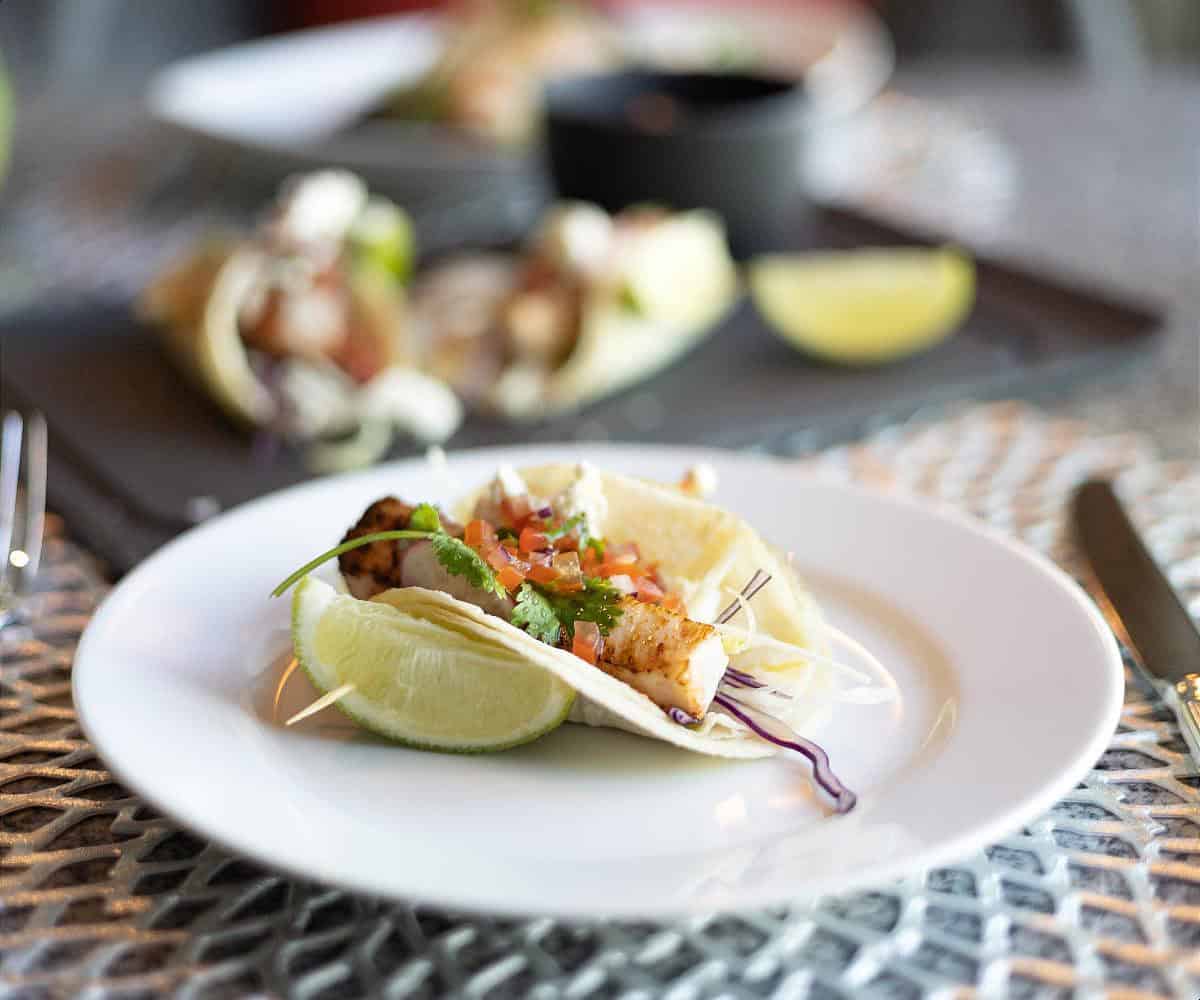To receive Morning Links in your inbox every weekday, sign up for our Breakfast with ARTnews newsletter.
Good Morning!
- It has become harder for families to track down Nazi-looted art, according to a new report, which found major gaps in provenance data posted by US museums online.
- The Central State Museum in Almaty, Kazakhstan, abruptly canceled a planned exhibition of Taiwanese artists amid concerns of censorship from Beijing.
- Marina Abramovic will be the subject of a historic solo exhibition at the Galleria dell’Accademia in Venice next May.
THE HEADLINES
UNMASKING PROVENANCE. A new report by the World Jewish Restitution Organization (WJRO) says most American museums are not transparent enough about the provenance of works in their collections, failing to make such data readily available in online descriptions, according to the New York Times. Last year, the American Alliance of Museums shut down an online portal that had listed almost 30,000 artworks with World War II–era gaps in provenance. The restitution group found that just 10,668 of those works can now be located online through their respective institutions, rather than a central database. “We urge American museums to do more—to open their records, invest in provenance research, and ensure that Holocaust survivors and their families have the information they need to pursue justice,” said Gideon Taylor, president of the WJRO.
PULLED TAIWAN ART SHOW. The Central State Museum in Almaty, Kazakhstan, abruptly canceled an exhibition scheduled to open September 12 featuring several contemporary Taiwanese artists, Ocula reported. Curated by Wang Chun-chi, the show was billed by local media as the “first Taiwanese art exhibition in Almaty” and was set to include artists Yao Jui-chung and Wu Chi-tsung, among others. Taiwan’s Ministry of Foreign Affairs said the Chinese government objected to the exhibition and its original title, which referenced Taiwan. The museum, however, claimed the cancellation was due to “venue repairs.” During the same period, the institution hosted a fashion show, fueling speculation of political interference.
THE DIGEST
A new book may radically change long-held assumptions about the origins of the Book of Kells, believed to have been created 1,200 years ago. The illuminated account of the four Gospels of Matthew, Mark, Luke and John was long thought to have been made at a monastery in Iona, but Dr. Victoria Whitworth has published new evidence that it was made in Pictish, eastern Scotland. [The Guardian]
The Dutch government announced it will return some 28,000 fossils to Indonesia, including Homo erectus remains collected by 19th-century physician and anatomist Eugene Dubois. Many of the fossils, excavated in Java and Sumatra, contributed to Dubois’s landmark identification of a “missing link” between humans and ape-like ancestors, offering evidence that humans evolved like other animals. But the remains were extracted by forced laborers when Indonesia was under Dutch colonial rule. In response to a 2022 formal request from Indonesia, the Netherlands’ Colonial Collections Committee has approved their restitution. [Art Dependence]
Lisa Phillips, 71, director of New York’s New Museum, will retire after more than 25 years in the post. The museum is undergoing a 62,000-square-foot expansion that had been expected to open this fall. [ARTnews]
Marina Abramovic will be the subject of a historic solo exhibition at the Galleria dell’Accademia in Venice, opening in May 2026. She will become the first woman artist to be given the honor in the academy’s 250-year history. [The Art Newspaper]
Nine participants have withdrawn from the Sixth Chicago Architecture Biennial (CAB) in protest over one of its sponsors, Crown Family Philanthropies. In a letter, the withdrawing artists and architects said the foundation holds a 10 percent stake in General Dynamics, a military contractor that sells arms to the Israeli government. [Artforum]
THE KICKER
AMY GRIFFIN, who sits on the boards of the Metropolitan Museum of Art and Gagosian, is making headlines not for her art-world ties but for fallout from her bestselling 2025 memoir The Tell. In it, Griffin, 49, writes that she recovered memories of being raped by a middle-school teacher in Amarillo, Texas, through therapy with MDMA. The book—boosted by endorsements from Oprah Winfrey, Reese Witherspoon, Gwyneth Paltrow, and others—became a bestseller and Oprah’s 112th book-club pick. After months of reporting, the New York Times found that a former classmate now alleges she was assaulted by a different teacher under similar circumstances, with details that mirror episodes Griffin presents as her own. The paper also reported that Griffin did not tell a local detective that her memories were retrieved via psychedelics. Meanwhile, Griffin’s husband donated $1 million to the Multidisciplinary Association for Psychedelic Studies, and, through the couple’s foundation, invested in an MDMA-focused pharmaceutical company. In a statement to the Times, Griffin’s lawyer said the story “has caused additional trauma” to their client.






